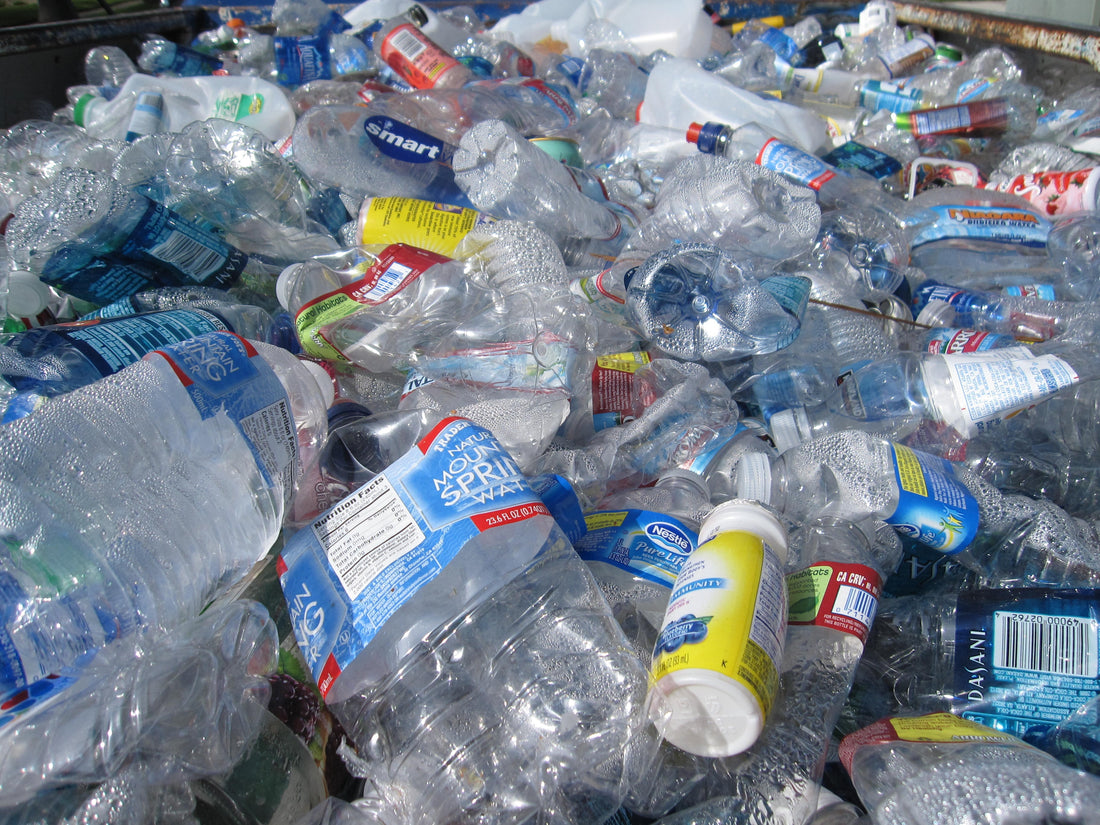
Single use plastic - the facts
Share
Single use Plastic is killing our planet. Here’s why:
Plastic does not biodegrade, it stays on our planet forever. For it to break down to it’s original components (decompose) it takes 20 -500 years. Specifically, it takes 20 years for plastic bags to decompose and 200-500 for most other plastics. Since we created plastic in the 1950s, we have produced 8 BILLION tonnes of it.
And it’s all still on our planet. 79% of it is waste and it’s in one of three places:
In landfills
Landfills release toxic greenhouse gasses into the environment, heating up the temperature of our planet and significantly contributing to global warming.
For example, The US has the highest number of landfills globally and they released an estimated 163 million tons of CO2 equivalent to the atmosphere in one year alone.
In our oceans
It is estimated that 75 to 199 million tonnes of plastic is currently found in our oceans. In Australia we are responsible for emitting 130,000 tonnes of plastic in the ocean each year.
The Great Pacific Garbage Patch is around 1.6 million square kilometers – bigger than Texas.
In the ocean, plastics are killing wildlife at rapid rates. This happens when wildlife get entangled or ingest plastic and then die of starvation as it gives them the feeling of being full.
For example: Plastic waste kills up to a million seabirds a year and research indicates that half of sea turtles worldwide have ingested plastic.
Additionally as plastics break down in the ocean, they splits into tiny particles known as Microplastics. Research has shown that they cause severe harm to marine life including inhibition of growth, reproductive & immunity toxicity and genetic damage.
Inside us
It is estimated that humans are now ingesting 5 grams of microplastics per week (equivalent of a bottle cap) and 250g per year (equivalent of a plastic plate) via the air, our food and drinking water. A study recently detected microplastics in the placentas of newborn babies. The full extent of the impact of this on human health is still unknown. However in a laboratory study ingesting microplastics has shown to cause cell death and allergic reactions.

